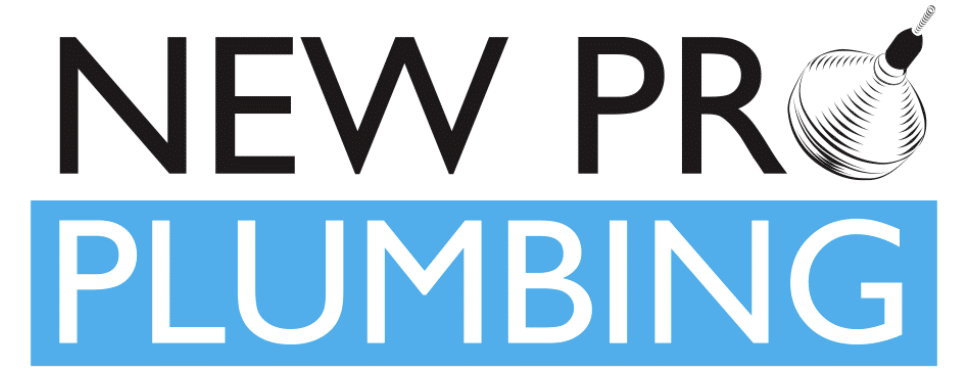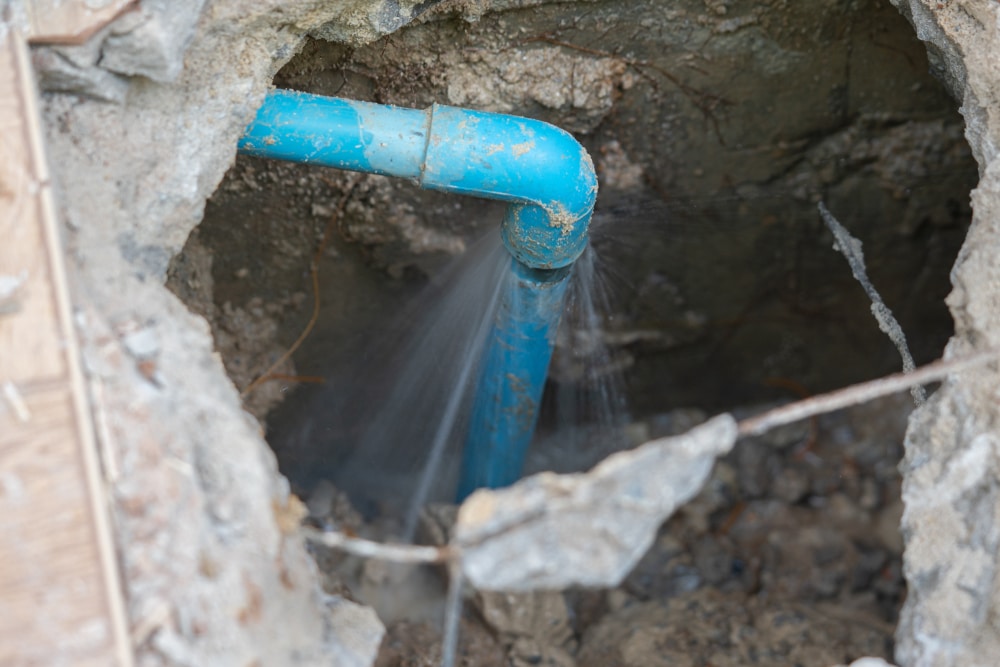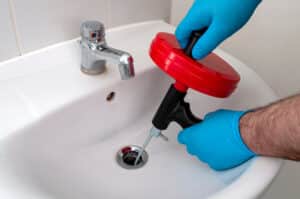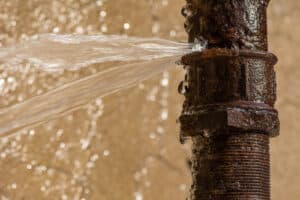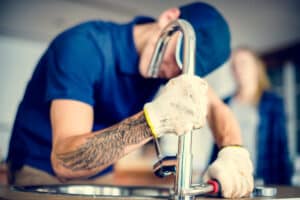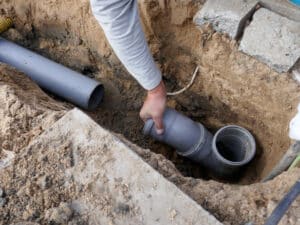Your home’s water pressure plays a crucial role in the efficient functioning of your plumbing system and contributes to the comfort and convenience of everyday activities like showering, washing dishes, and doing laundry. However, if you’re experiencing unusually low or high water pressure, it can be frustrating and potentially damaging to your plumbing system. Understanding the basics of water pressure in your home is essential for maintaining a well-functioning plumbing system and addressing common issues when they arise.
At New Pro Plumbing, we are dedicated to providing homeowners with personalized and affordable plumbing services, and we understand the importance of proper water pressure in achieving a comfortable and efficient home. In this article, we’ll discuss the factors affecting your home’s water pressure, signs of potential problems, and troubleshooting tips for common water pressure issues. By building a strong understanding of your home’s water pressure, you’ll be better equipped to identify and address problems early, preventing costly damages and ensuring optimal plumbing performance.
Whether you’re struggling with water pressure issues or simply want to be informed about your home’s plumbing system, read on to learn about water pressure in your home and how to tackle common issues effectively.
Understanding Your Home’s Water Pressure and How to Address Common Issues
Factors Affecting Water Pressure
Several factors can impact your home’s water pressure, making it essential to be aware of them to ensure your plumbing system is operating correctly. Key factors affecting water pressure include:
1. Supply Line Size: Smaller or larger supply lines can influence water pressure, with smaller lines potentially restricting water flow and larger lines causing reduced pressure.
2. Elevation: Homes located at higher elevations or at greater distances from water sources may experience lower water pressure due to the effect of gravity.
3. Valve Position: Water main valves and shut-off valves that are not fully open can restrict water flow and reduce pressure.
4. Plumbing System Age: Older plumbing systems may have accumulated buildup, corrosion, or other damages that can affect water pressure negatively.
By understanding these factors, you can better pinpoint potential causes of water pressure problems in your home.
Signs of Potential Water Pressure Problems
To maintain a well-functioning plumbing system, it’s important to recognize signs that may indicate water pressure issues. Common signs include:
1. Low pressure at multiple fixtures: If you notice decreased water pressure in multiple areas throughout your home, your main supply line’s pressure may be affected.
2. Fluctuating water pressure: If your water pressure varies significantly within a short period, it could indicate a problem with your water main valve or other components of your plumbing system.
3. High water pressure: Unusually high water pressure can lead to pipe damage, leaks, and increased wear on your plumbing fixtures, making it essential to address this issue promptly.
Troubleshooting Tips for Common Water Pressure Issues
If you’re experiencing water pressure problems, consider the following troubleshooting tips before calling a professional plumber:
1. Check your main water valve: Ensure your home’s main water valve is fully open, as a partially closed valve can restrict water flow and reduce pressure.
2. Inspect shut-off valves and regulators: Ensure all shut-off valves are open and functioning correctly, and check your home’s water pressure regulator for any signs of malfunction.
3. Examine your fixtures: Clean the aerators in your faucets and showerheads, as mineral deposits can clog these components and reduce water pressure.
4. Investigate for leaks: Check your home for any visible leaks, as damaged pipes can cause a drop in water pressure.
If you’ve tried these troubleshooting tips and still experience water pressure issues, it’s time to call a professional plumber like the experts at New Pro Plumbing.
When to Call a Professional Plumber
While you can tackle some water pressure issues by yourself, more severe or persistent problems may require the assistance of a professional plumber. A plumber can accurately diagnose the issue, recommend appropriate measures, and perform necessary repairs or replacements. Additionally, they can advise you on the correct water pressure for your property and how to maintain optimal pressure levels.
Some indications that it’s time to call a professional plumber include:
1. Persistent low or high water pressure despite trying troubleshooting tips
2. Visible water leaks or damage to your property
3. Excessive noise coming from your plumbing system
Rely on New Pro Plumbing for Water Pressure Solutions
With years of experience providing personalized and affordable plumbing services in Los Angeles and the surrounding areas, you can trust New Pro Plumbing to help you address any water pressure problems you may encounter. Our dedicated and professional team will thoroughly assess your situation, identify the cause of your water pressure issues, and offer expert solutions tailored to your home’s needs.
Conclusion
Understanding your home’s water pressure and being able to identify and tackle common issues is vital for maintaining a comfortable and efficient plumbing system. By paying attention to factors affecting water pressure, recognizing potential problems, and seeking professional assistance when needed, you can ensure optimal performance from your plumbing system.
If you’re experiencing water pressure issues or need expert assistance with any plumbing services, don’t hesitate to contact New Pro Plumbing’s trusted plumbers in Los Angeles. We provide personalized and affordable plumbing solutions in Los Angeles and the surrounding areas, delivering reliable and effective service to keep your plumbing system in top condition.

